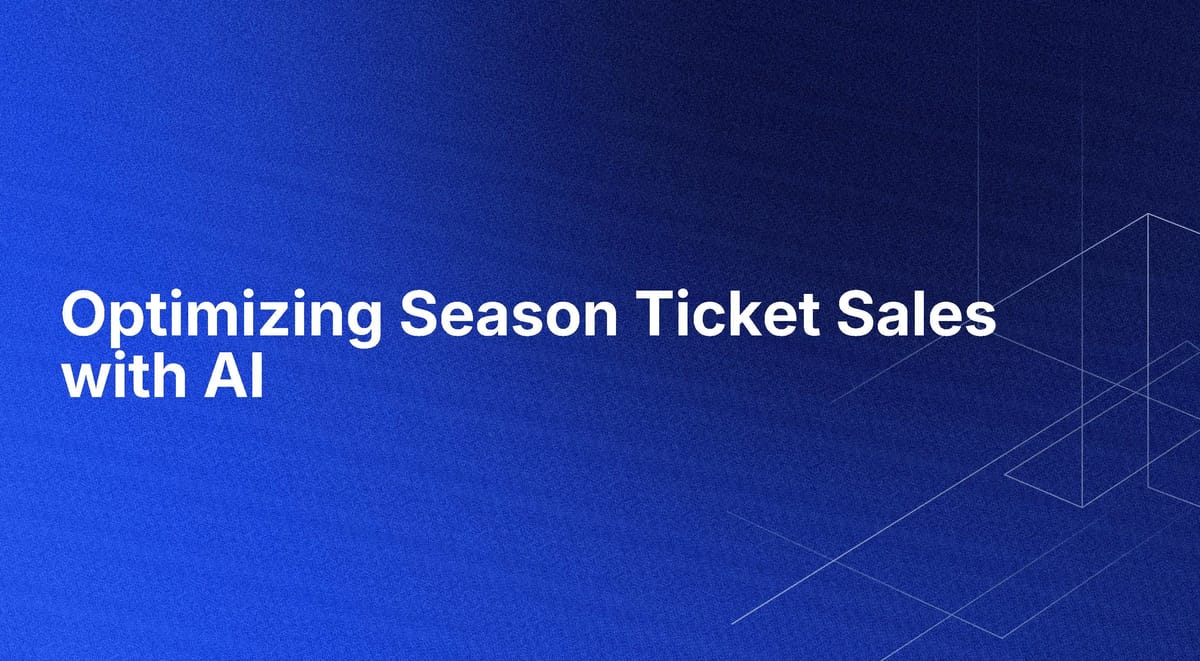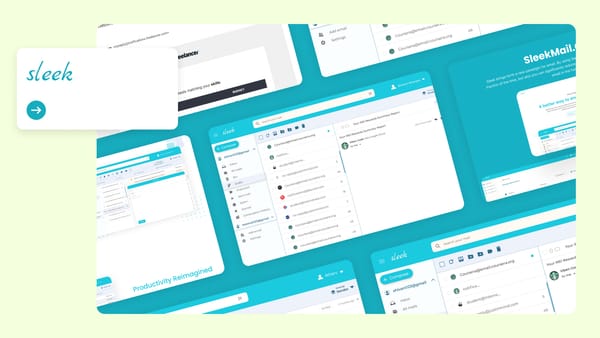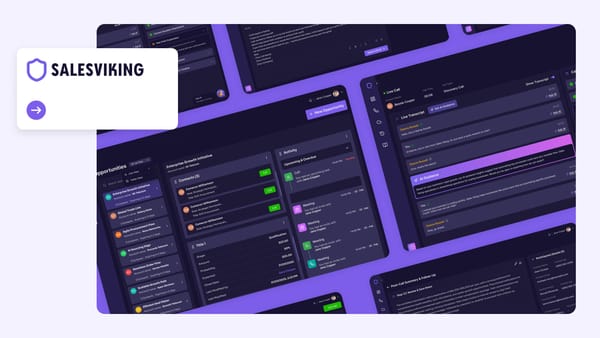Optimizing Season Ticket Sales with AI

Predictive Lead Scoring for Enhanced Conversion Rates
Overview
The sports industry, particularly professional leagues such as the NFL, is heavily dependent on ticket sales for revenue. Expanding fan bases and ensuring high ticket sales are critical for financial success. As digital marketing becomes more sophisticated, teams are leveraging advanced technologies to identify the most promising leads and maximize their marketing ROI.
Problem Statement
In the quest to increase season ticket sales, sports teams often face the challenge of identifying which leads will most likely convert into buyers. With the rise in digital marketing efforts, the volume of generated leads has significantly increased, making it challenging to pinpoint the best prospects. This problem became evident when one NFL team scaled up its advertising budget, resulting in a tripled lead count but a halved return on ad spend (ROAS). The challenge lies in efficiently narrowing down a vast funnel of leads to identify high-conversion prospects.
Solution Overview
Generative AI provides a pathway to solving this problem by employing predictive lead scoring models. By analyzing historical sales data, including metadata tied to past conversions, AI models can be trained to identify patterns and attributes that correlate with successful season ticket purchases. This leads to the creation of a predictive scoring system that evaluates each lead based on its likelihood to convert, allowing marketing and sales teams to focus their efforts on the most promising prospects. Implementing this solution involves several key steps. Firstly, the organization's historical sales data is collected and organized, ensuring it covers various performance indicators such as social engagement, purchase history, and demographics. This dataset is then used to train a machine learning model, which learns the patterns that distinguish high-value leads from less promising ones. The model can continually improve by incorporating new lead data and sales outcomes, refining its predictions over time. Technically, the implementation may require collaboration between data scientists and marketing teams to ensure the model's outputs are actionable. Integrating the AI system with existing CRM platforms can streamline the process, providing real-time lead scores and insights directly within the tools used by sales and marketing personnel. Business-wise, employing this AI-driven approach can lead to more effective ad spending, higher conversion rates, and ultimately, a more loyal season ticket holder base.





